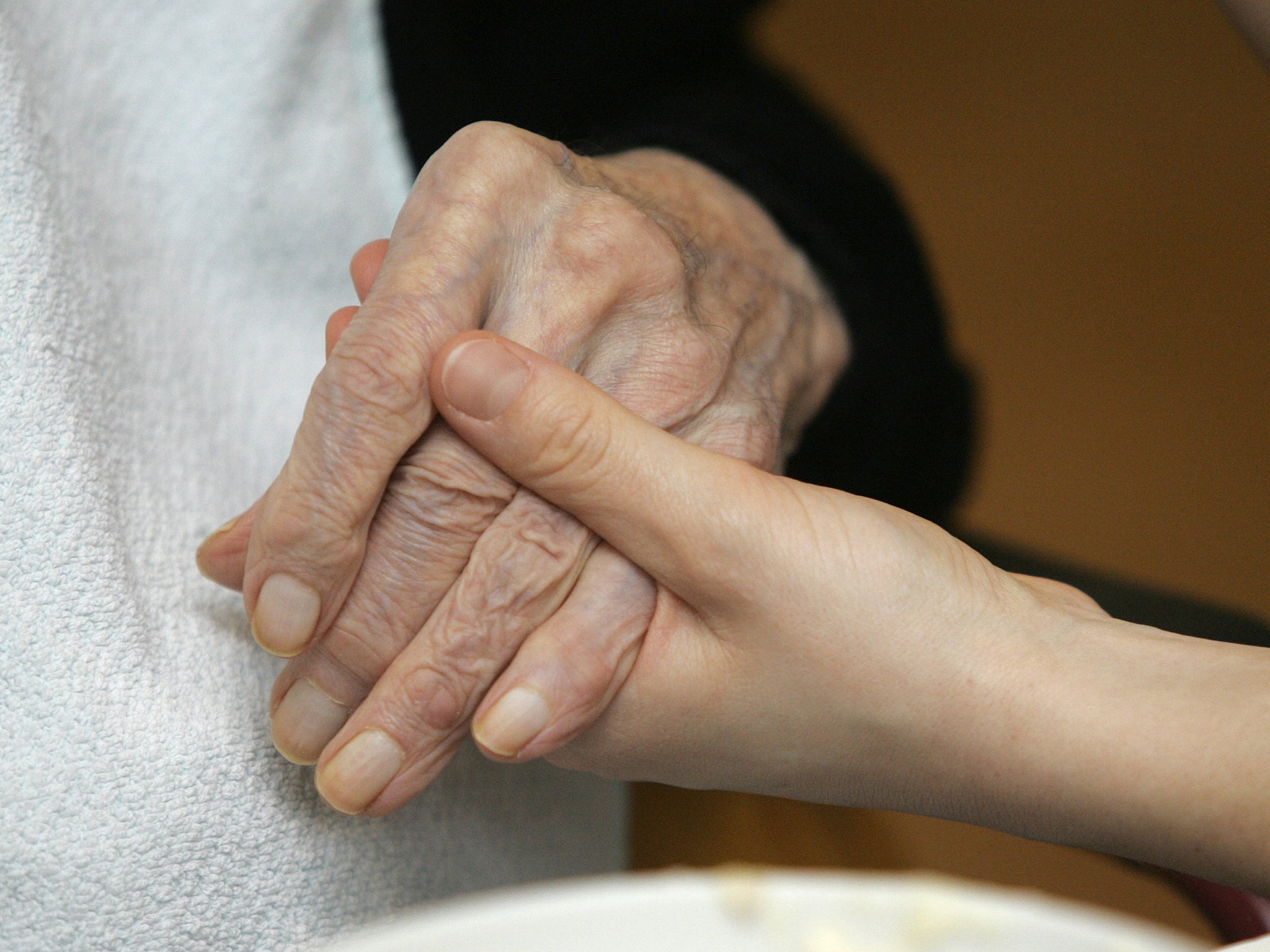Complacent? Alarm sounded over huge variations in legal safeguards for the vulnerable
Mental health charity warns 'fundamental human rights' could be at risk

Your support helps us to tell the story
From reproductive rights to climate change to Big Tech, The Independent is on the ground when the story is developing. Whether it's investigating the financials of Elon Musk's pro-Trump PAC or producing our latest documentary, 'The A Word', which shines a light on the American women fighting for reproductive rights, we know how important it is to parse out the facts from the messaging.
At such a critical moment in US history, we need reporters on the ground. Your donation allows us to keep sending journalists to speak to both sides of the story.
The Independent is trusted by Americans across the entire political spectrum. And unlike many other quality news outlets, we choose not to lock Americans out of our reporting and analysis with paywalls. We believe quality journalism should be available to everyone, paid for by those who can afford it.
Your support makes all the difference.The “fundamental human rights” of vulnerable people could be at risk, a leading mental health charity has warned, after new figures revealed huge regional variations in the use of key legal safeguards.
Deprivation of Liberty Safeguards, introduced in 2007 and known as DoLS, are meant to guarantee that a hospital or care home can only deprive a mentally ill patient of their personal freedoms in a lawful way – by ensuring that the person is properly represented, has the right to challenge any decisions about their care through the Court of Protection, and that the decision to deprive them of liberty is reviewed regularly.
They are mainly used to determine whether elderly people with dementia can be taken into care without their active consent – yet in some areas, local health authorities did not receive a single application for a DoLS authorisaion, raising concerns about whether they are being used properly.
Overall the number of applications for DoLS authorisation in England, which are usually made by a hospital or care home, rose for the third year in a row in 2012-13 to 11,890. However, the number of applications completed by local authorities ranged between just one all year to 488. The number of applications received by primary care trusts ranged between zero in some areas to 113.
Vicki Nash, head of policy and campaigns at the mental health charity Mind, said that the new figures added to long-standing concerns about the DoLS legislation.
“Mind is particularly concerned at the uneven application for DoLS across [England], with figures from the report reflecting large geographic variations and disparities between supervisory bodies,” she said. “The Government should urgently review deprivation of liberty safeguards, to resolve the on-going confusion about their use and to ensure that people who are at their most vulnerable have their fundamental human rights protected.” Last week MPs called on the Department of Health to urgently review the implementation of the safeguards.
A Department of Health spokesperson said: “The increase in assessments is encouraging as it shows that more are being carried out when they should be. There are however unacceptable variations across the country and we are working with the Care Quality Commission, health services and local authorities to ensure these protections are used whenever they are needed.”
Join our commenting forum
Join thought-provoking conversations, follow other Independent readers and see their replies
Comments